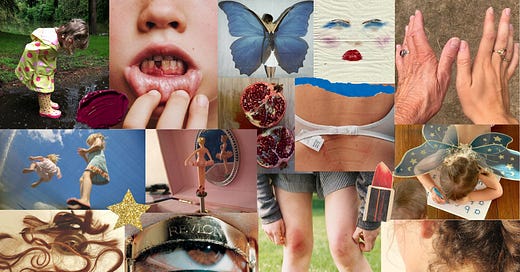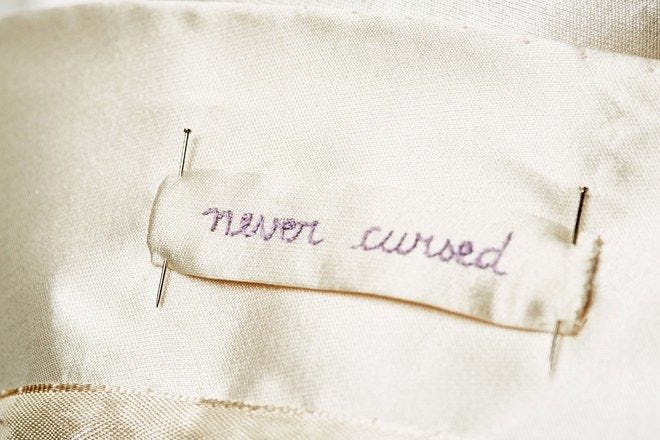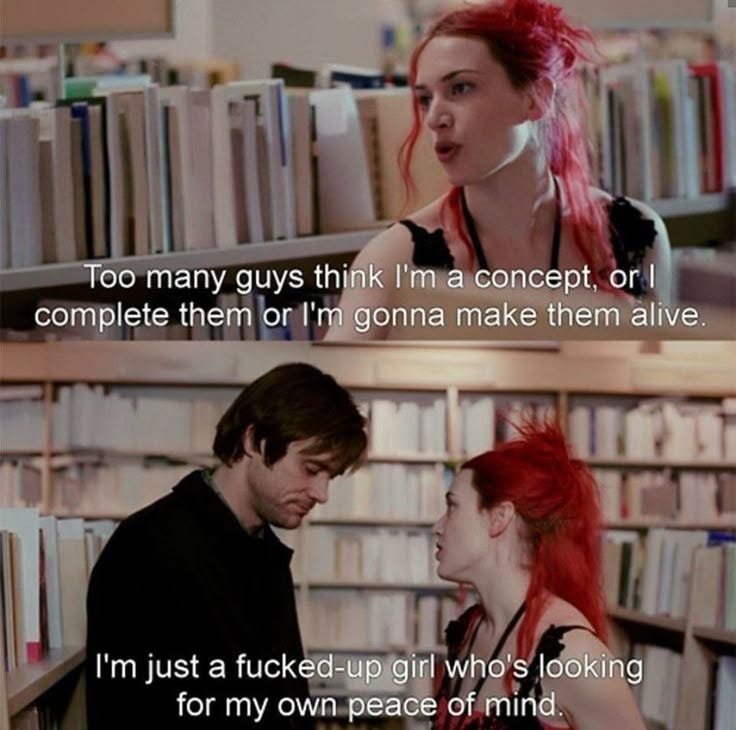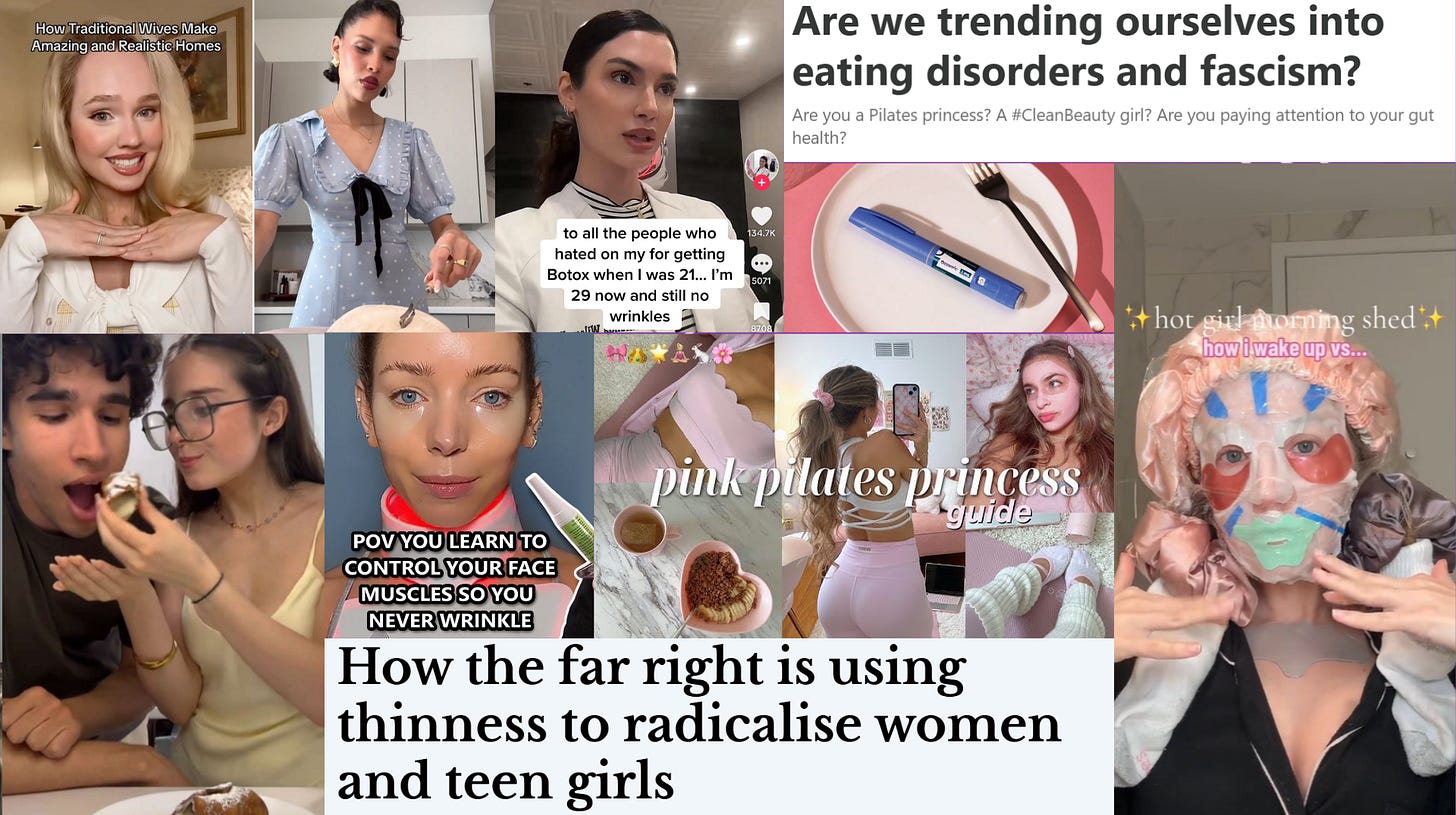I look in the mirror as I cover my face in heavy bronze foundation and drown my lashes in black mascara to achieve a doll-like look. My hair falls perfectly, smooth, flowing, not a curl or strand out of place. I’m wearing my Zara top and a pair of white Adidas Sambas. At this point, I could blend in with any other girl on the street. I look perfectly ordinary; I don’t stand out, I don’t draw attention, and most importantly, I look normal. Right?
It hasn’t always been this way. I’ve felt different for most of my life. And I know how that sounds: “Look at her, she thinks she’s special, quirky, unique.” Believe me, I hate that narrative as much as you do. Because I don’t feel different in some mysterious, charming, sexy way. I feel different in an off-putting, alienated, never-belonging kind of way.
As a kid, I had panic attacks at the thought of my family or myself dying. I memorized my crush’s class schedule so I could “accidentally” run into them in the hallway. Even now, I still stare at mirrors longer than I should, constantly checking if I resemble the girls I see on my phone.
At some point, I embraced this strange, quirky persona. I wore colorful outfits and cut bangs. I drew on smudgy black eyeliner and painted my lips bright red. I posted niche videos on Instagram, pretending I was a character in a coming-of-age movie. “Look at me. I’m different. I love being the weird kid. You don’t get me, and you never will. Look at me, look at me, look at me. Or maybe... don’t. Because I’m not desirable. Or maybe I am, if I turn this performance into some sexy, male-gazey archetype. Now I’m weird, but sexy. I’m the manic pixie dream girl. I’ll fix you. I’m Ramona Flowers, and you’re my Scott Pilgrim. I’m not like other girls. I’m weird — but hey, I’ve got great tits too.”
Luckily, that phase blurred into the past as a confusing chapter of self-discovery and oversexualization.
As I get older, I see how much this has changed. How desperate I’ve become to align my looks with the “conventionally attractive clean girl” aesthetic all over social media instead of Kate Winslet in Eternal Sunshine of the Spotless Mind. I’ve come to recognize this as the root of my body image and low self-esteem issues I thought I had already overcome. Years of self-acceptance, confidence, and body positivity thrown away.
Weirdly enough, I realized I was happier when I embraced being the “weird kid” persona. I wasn’t trying to sculpt a perfect hourglass figure or obsess over flawless skin. I didn’t care about my weight or my chest size. So, when did that shift? When did I start caring so much?
In an endeavor to find an answer to my internal struggle, I dove into the internet like I was hunting for a pearl at the bottom of a dark sea. What I thought was a me problem turned out to be something much bigger, and far more disturbing. A flood of articles appeared, filled with words like “fascism” and “thinness.” The words of Hazel Woodrow, a researcher at Anti-Hate Canada who studies digital subcultures among teen girls, struck me hard:
That was it. My brain was slowly rotting from far-right ideologies, subtly disguised as self-care and self-improvement advice. I, who once thought I had a clear sense of self, was losing it, along with so many other girls exposed to this content. It’s terrifying. And mostly, just sad.
I can’t say I’ve fully overcome my insecurities after learning all this. I still get intrusive thoughts about needing a flat stomach or flawless legs. I still examine my reflection too closely. I still longingly scroll through other girls’ profiles and wish I looked like them. But when I do, I try to shake all these awful thoughts off and think of myself as a child.
She never looked in the mirror, nor did she want to. She wore her hair as it was and loved wearing swimsuits. She was only weighed at the doctor’s and didn’t know what the numbers on the scale meant. Her legs were for running, jumping, and playing. Her stomach was for eating her favorite dishes. Her arms were for hugging the people she loved. So, before you're mean to yourself, remember who you're being mean to — and more importantly, ask yourself: why are you doing it in the first place?








